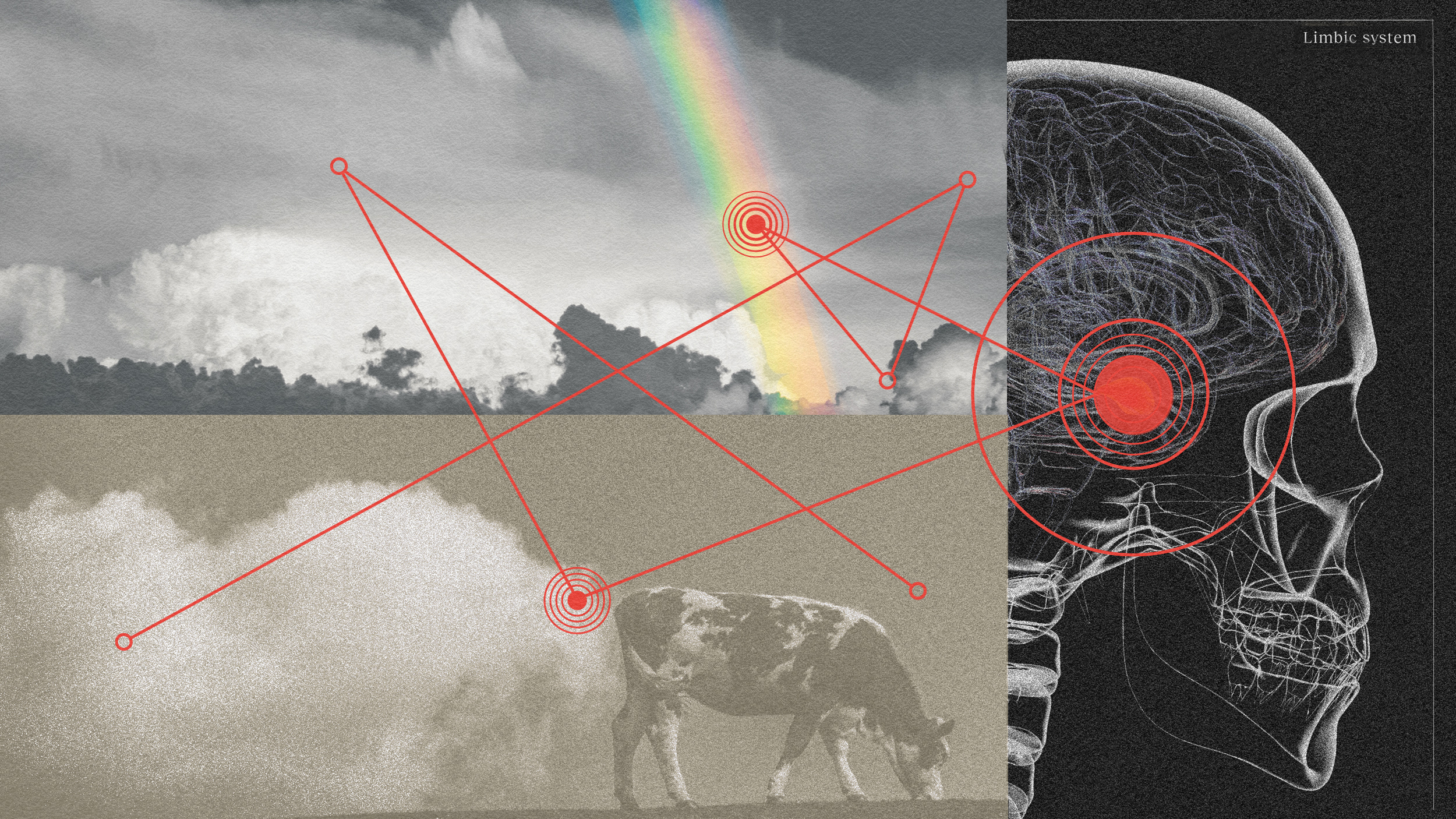- Spontaneous order means the “spontaneous emergence of order out of seeming chaos,” and it’s something we see daily in both our social and economic lives.
- Nobel Prize winner Vernon Smith believes that we see spontaneous order much more often in our everyday social and economic life than we know – such as in the form of apps like Uber and Lyft.
- The founders of both ride-share platforms understood that one algorithm could digitally encompass the thousands of cab companies, taxi drivers, and passengers, creating a streamlined process out of something that once seemed so complex, dispersed, and chaotic. Today, these customary transportation apps not only make our lives simple and organized but modern-day spontaneous order in action.
VERNON SMITH: Well, I think all understanding, including scientific understanding, starts with narratives that are related to what we observe. People look out on the heavens, and they're astonished. You'll see the beauty of the world around us and then become aware that a lot of that beauty is orderly. There's a huge amount of order in the universe. That order is all driven by forces that are not visible. For example, you'll see that in Adam Smith's first book, "The Theory of Moral Sentiments," he's concerned with, how come there's so much order among neighbors and neighborhoods? And so he writes a whole book on that with a lot of really interesting propositions, and those propositions can be tested in the context of experiments. And every enterprise is an experiment. Uber and Lyft is a story about both buyers and sellers learn more and more about this new arrangement.
I'm Vernon Smith. I'm a professor at Chapman University. I do experiments for a living.
Lot of our experiments are concerned with the design of new kinds of markets, moving away from government ownership of those industries to forms of organization that were based upon markets and prices. I was a member of the Young People's Socialist League about age 15 or 16. I grew up in a socialist family. I became aware that the American socialist dedication to First Amendment rights, somehow that didn't extend to the economic sphere.
Experimental economics came about because we had a device that we could learn from, and we could learn stuff that we didn't think anyone could know. My first experiment was a market experiment. It was a class, and I had 22 people. I made 11 of 'em buyers and 11 of 'em sellers. And I gave the 11 buyers each a value. And I said, "Okay, you're gonna trade something, and this is what it's worth to you. I'll pay you the difference between that number I've written on your card and the price you pay for it from some seller in the room. So you get the difference between the price you pay and this value." And the sellers owned a unit, and it had a value to them. And so it paid them to sell it if they could get more than that value to them. So it's like a cost. So what did I find? I found that people traded, and then I had 'em do it again. In about three iterations, they found the equilibrium. I couldn't believe it. It was astonishing. No one circa 1956 that had gone to graduate school and studied economic theory would have believed that some sophomores can walk in the room, and give half of 'em values, half of 'em cost, let 'em trade, and they would find the equilibrium sublime bend. No one would have believed that.
You see, I had somehow come to terms with that, that there was such a disconnect, you see, between what I thought was true and what was actually happening. In "The Theory of Moral Sentiments," Adam Smith is finding the invisible forces that account for the rules we follow, and in "The Wealth of Nations," the rules we follow that create wealth. And remember, the main proposition in Adam Smith is that through markets, we achieve gains from trade, but we achieve ends far broader than that that are well beyond our intention. An order to be spontaneous really has to come from the bottom. That's the essence of a spontaneous order. And we see that both in our social lives and our economic lives.
Look at Lyft and Uber. The taxi business is based upon matching taxi drivers to customers. And the way you solve that problem was to form a taxi company and have a dispatcher. Dispatcher knows where his taxi cabs are, where they're dropping off passengers, and the ones that are close to where you are. And he makes a match, and he calls that taxi driver and sends it to your home. Technology now can match buyers and sellers directly through algorithms, and you don't need a central dispatcher. You don't need a taxi cab company with a fleet of taxis. See, this is a beautiful example of innovation that greatly lowered the cost of transacting information.
Uber and Lyft are really part of a spontaneous order. The people that started those companies, well they knew about algorithms. So they risk capital to come in, and we had an experiment. And it's not unusual with a new industry to have bankruptcies. They're replaced by other new entrants, and everybody's learning, you see, in that process, and they're learning more and more about how better to serve customers. As Adam Smith says, "We're all self-interested, but you can't look your neighbor in the face and avow that all of your decisions are based upon a self-interest." So it's not about denying the self-interest. It's about learning to override the self-interests in the achievement of other values. Each individual in the market is just trying to do best for himself. Well, he ends up to collectively, they do best for everybody, and they do best for the rest of the world. So I think that way of thinking about it is very refreshing.







